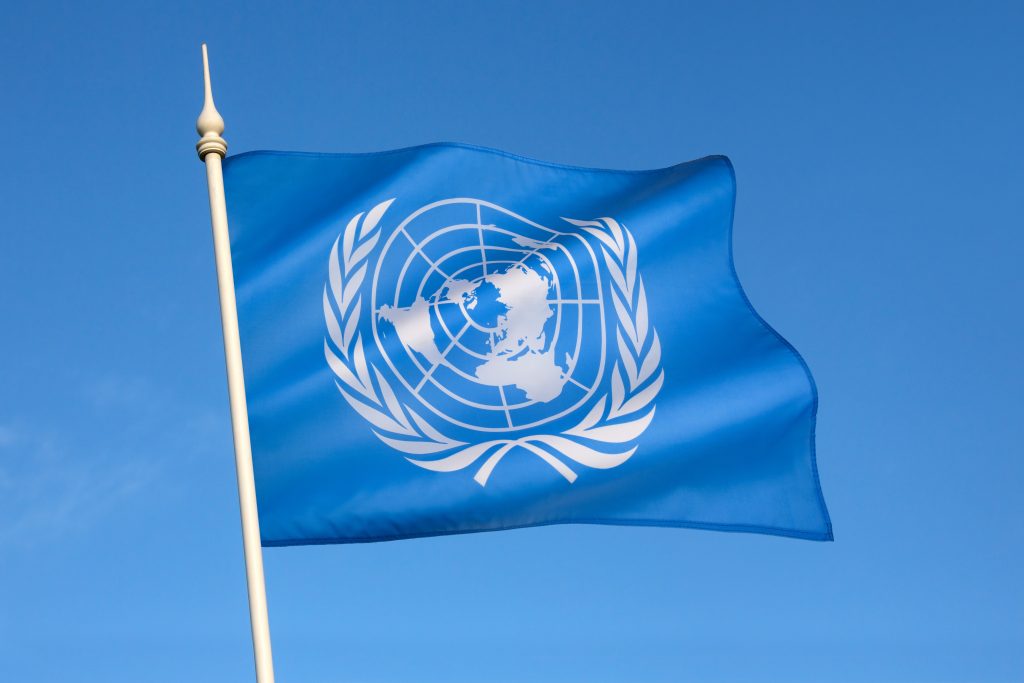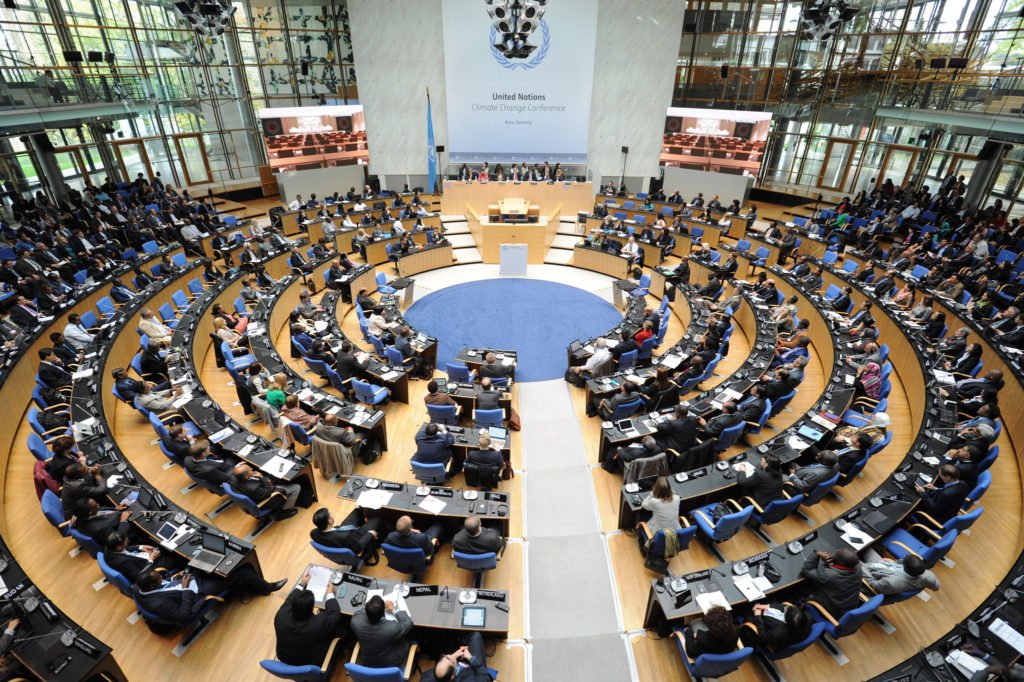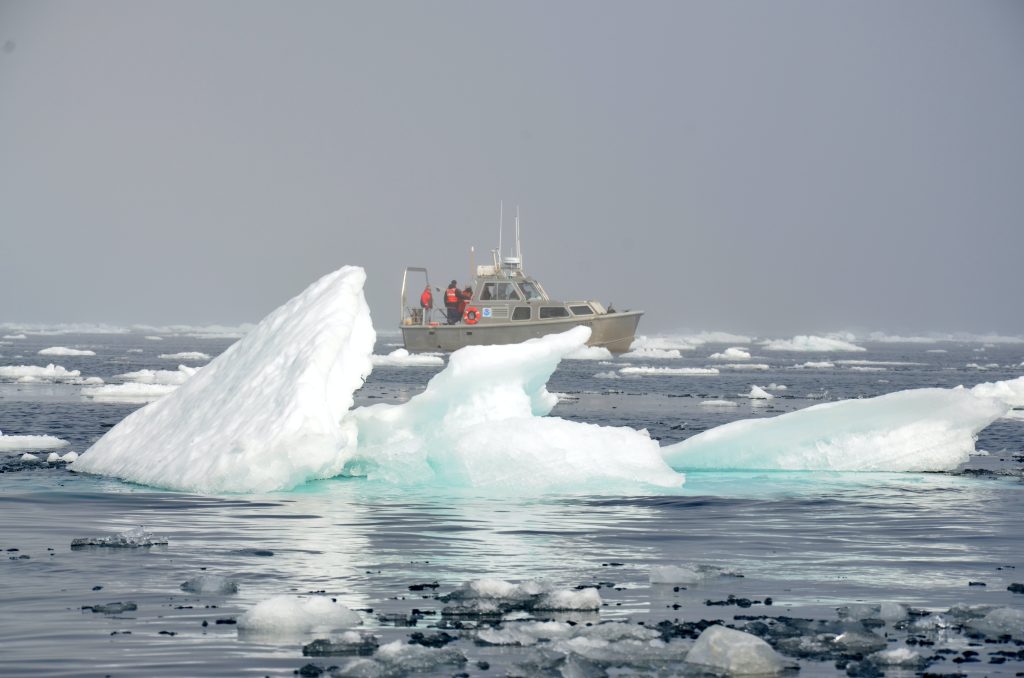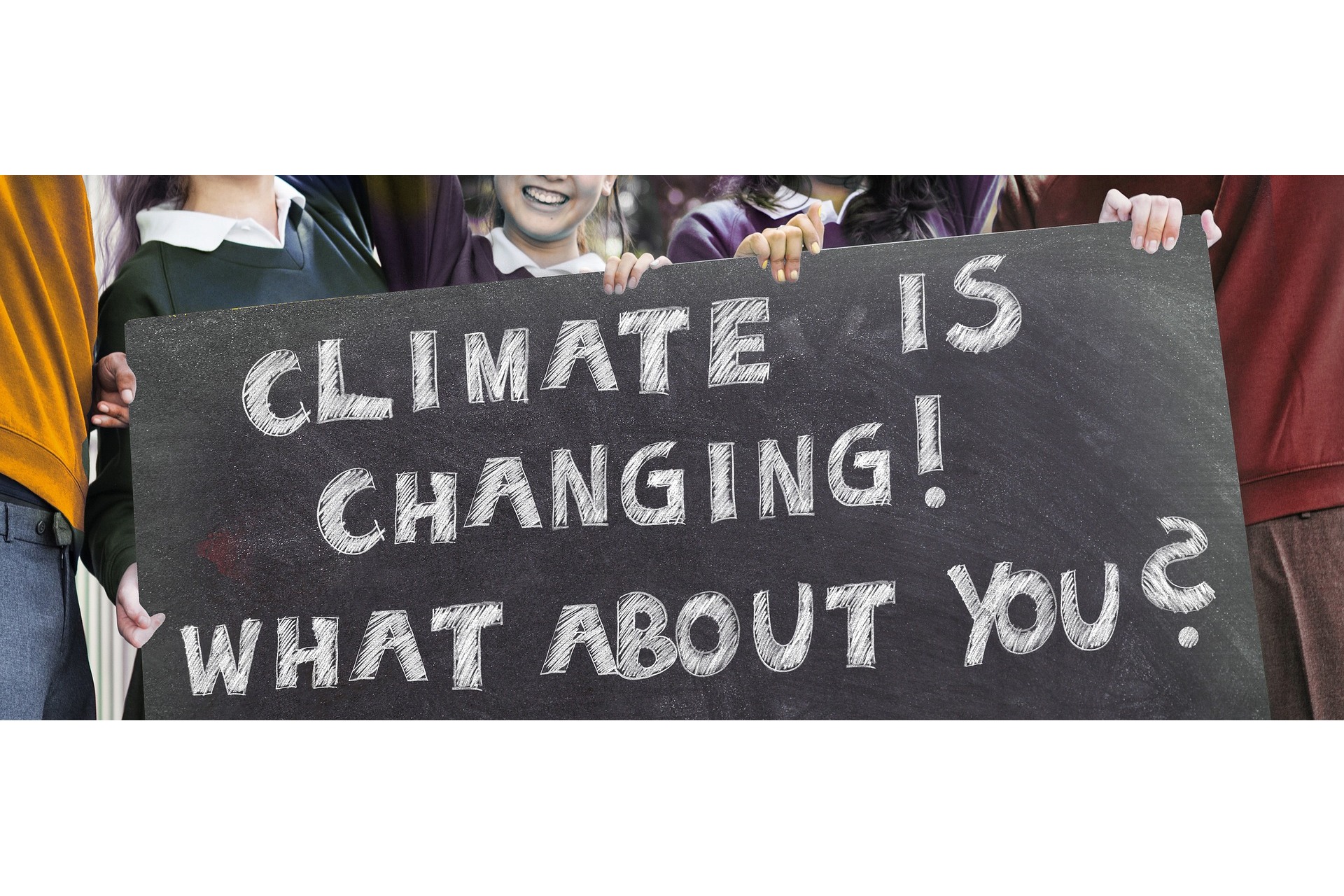Climate change is a popularly discussed prevailing issue. Whether it is in mainstream media or in school, the impacts of climate change prove to affect all living species in the earth. The United Nations (UN) is one of the large organizations taking proactive action to mitigate the impacts of climate change. The UN recently held it’s 28th Climate Change Conference Conference of the Parties (COP 28) last November 30 to December 12 of this year. If you are interested in reading about climate change and COP 28 in your Bacoor house and lot for sale, then this blog may interest you.
The difference of climate and weather
In defining what exactly climate change is, it is helpful to understand the difference between weather and climate. Both concepts concern the atmosphere in our environment. Weather, in particular, deals with short-term atmospheric changes, typically remaining temporarily. Climate, on the other hand, refers to long-term atmospheric changes; once could say that climate is the average weather in particular region over a significantly long period of time.
What is climate change?
Virtually everything, including us, on the earth is in the domain of the earth’s atmosphere. Therefore, in the instance that changes in regional climates prove to develop to extremely negative cases, it is likely that our quality of living will be severely affected. Such negative cases include floods, droughts, typhoons, increased atmospheric heat temperatures, rising heat levels, and the like.
Why does the United Nations care about climate change?
Humans are unique from other species on earth because of the apparent disparity in intelligence between humans and all other life forms. Throughout history, humans have undergone rapid advancements in their intellectual capacity and technological innovations. As humans continue to build and progress their civilizations, they continuously learn to utilize gathered information and resources of the earth.

Humans have created machines, structures, goods and services to sustain their survival; and with effectiveness to the extent that they are able to afford themselves conveniences and comfort in the civilizations they have created. However, a consequence of human advancement is the the resulting byproduct of chemicals produced from human activities that prove to cause harm to the earth’s atmosphere. In view of this, the UN holds a yearly COP centered on climate change in order to review and assess present issues, progress, and strategies for mitigating global climate change.
Intensification of greenhouse gas production
Essentially, humans have become a key driver to climate change. A concrete point that supports this is the fact that chemicals such as Chlorofluorocarbons (CFC’s) are byproducts of goods and appliances typically used by humans in daily living. These goods include “aerosol sprays, blowing agents for foams and packing materials, as solvents, and as refrigerants.”
Our planet, earth, has a layer in the outer regions of its atmosphere that is comprised of similar chemicals. This is what is called the ozone layer, which is composed of greenhouse gases like “carbon dioxide, nitrous oxide, methane,” and the like. The nature of these greenhouse gases is to trap heat emitted by the sun. Therefore, when heat enters our atmosphere and then proceeds to escape to outer space, greenhouse gases at the outer regions of the earth’s atmosphere serve to reflect the heat back into the lower regions of our atmosphere.
Greenhouse gases may serve to be helpful in maintaining heat and warmth within the earth’s atmosphere, but the issue of climate change revolves around the excessive production of greenhouse gases due to human activity, thereby causing severely negative changes in climate that could threaten human survival.
28th UN Conference of the Parties (COP) on climate change

Image from: https://www.summitcl.com/
Just recently this November to December, the UN had its 28th COP, meaning that for this year, the UN has reviewed and evaluated human progress on climate change mitigation and formed or revised strategies to be implemented for the future.
The strategy behind the 28th COP
The location of the 28th COP may seem peculiar, particularly because of the COP’s focus on climate change mitigation and the fact that it took place in Dubai, United Arab Emirates (UAE). Looking at global trends, however, it can be observed that the UAE is one of the most competitive regions when it comes to oil production. Furthermore, a chief executive of an oil company, Sultan al-Jaber, was the designated president of the 28th COP.
These decisions by the UN may prove to be strategic, as large organizations in the oil and gas industry have an immense impact to the status of global climate change. If the responsibility of climate change is placed in the right hands of individuals who possess great influence in the oil and gas industry, it could serve to bring out effective changes and progress in the goal of climate change mitigation.
The objectives of the 28th COP
The 28th COP revolves around one specific assessment: Global temperature is at risk of exceeding an increase to 1.5 degrees Celsius. The UN Secretary-General Antonio Guterres emphasis this fact when the 28th COP was conducted. Increases in global temperature have a direct correlation with rising sea levels, especially because of how furthering the increase in global temperature serves to speed up the process of melting large ice glaciers in Antarctica.

Increases in global temperature are observed to produce many other negative consequences. Mortalities from just atmospheric heat and heat strokes can only become a more frequent problem worldwide. Coral reefs are more likely to bleach (i.e., turn white from losing important algae, becoming more susceptible to death). Floods of greater intensity become more likely to occur; and this is because hotter climates cause more water from oceans and lands to evaporate into the atmosphere, increasing the magnitude of precipitation or rainfall that can happen. This also includes having more intense typhoons; and given that the Philippines typically endures typhoons, climate change would only bring more destruction, even to your Bacoor house and lot for sale.
In relation to this, from the 19th century, the earth has experienced an increase of 1.1 degree Celsius in global temperature. Consequently, the COP 28 came to a consensus among 200 participating countries to strive to phase out fossil fuels as a source of energy; and a goal to “triple the capacity of renewable energy like wind and solar power” is established to be strived for by 2030.
Conclusion
Climate change is a prevailing issue of a global scale that must be addressed in order to prevent large threats of calamities on human survival. The UN held its 28th COP in Dubai, UAE, in order to form strategies to achieve the prevention of exceeding a 1.5 degree Celsius increase in global temperature by 2100 or the 22nd century. It is helpful to read more on how to make concrete actions, even in your Bacoor house and lot for sale, that could help in the mitigation of climate change.


